New Wireless Sensors on the Market
Every year, sensor manufacturers from around the world compete ingeniously to develop new products, each more innovative and efficient than the last. The X-TELIA team of experts enjoys testing new products, many of which end up in the trash. X-TELIA now distributes sensors from all over the world (South Africa, Italy, France, Sweden, Spain, China, South Korea, USA, Canada, etc.). Here are a few that we find interesting.
People counter for buildings
Equipped with 3D ToF (Time of Flight) detection technology, a new sensor has just entered the market. The device, with incredible 99.5% accuracy, is completely anonymous and works both day and night. Equipped with artificial intelligence, the device can count multiple people entering and exiting at the same time and stores up to 1 million detections in its local memory so as not to miss anything in the event of a network failure.
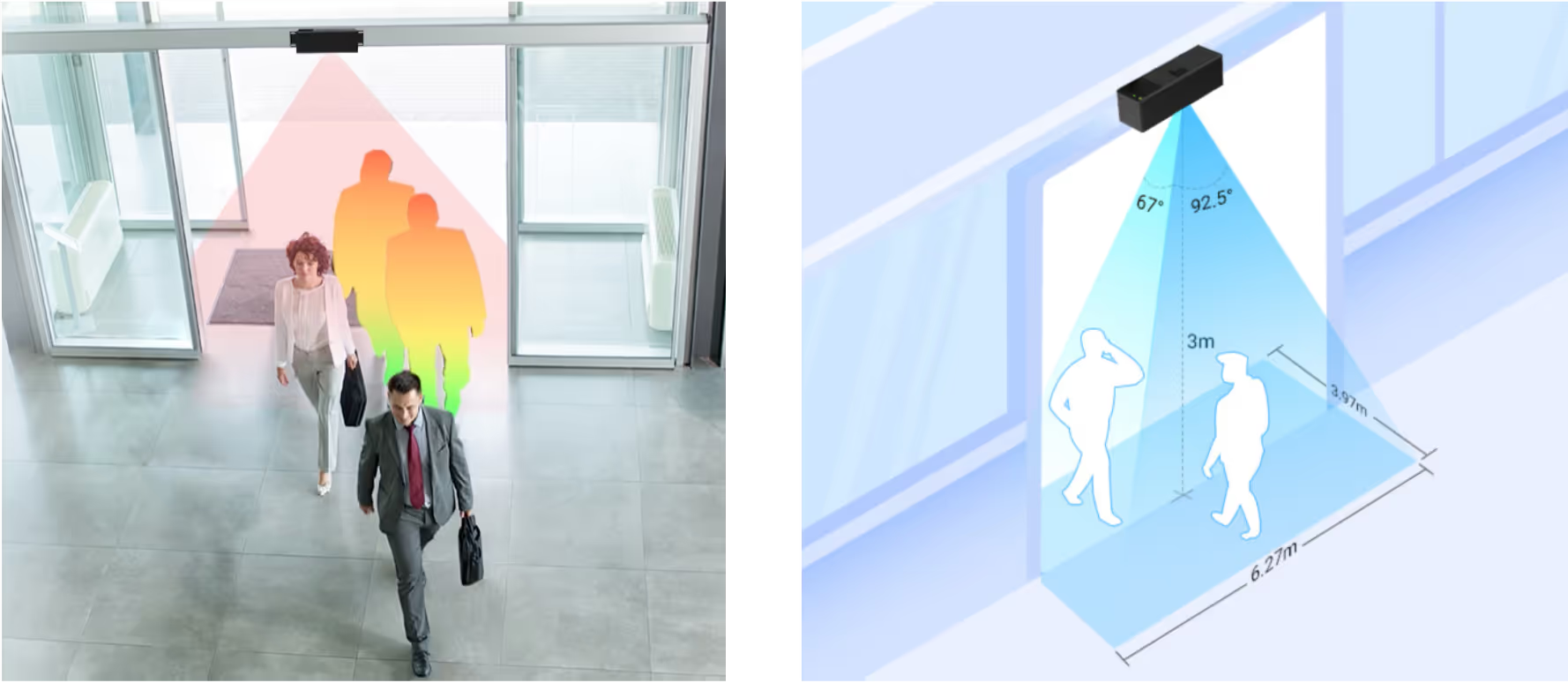
Gas detection sensor
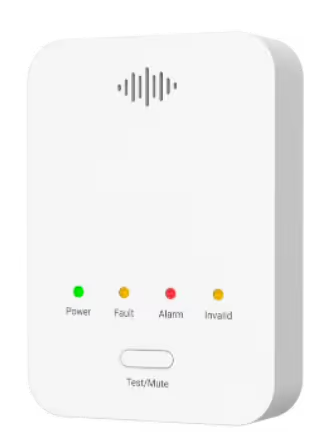
This new LoRaWAN sensor, powered by batteries for more than 5 years, constantly monitors the ambient air quality to detect the presence of flammable gas (CH4) such as natural gas or propane. The ultra-sensitive device can detect as little as 8% of LEL (Lower explosion limit) and alerts residents with a powerful 85 dB audible alarm, visual alarms (LEDs) and by sending alarm messages via LoRaWAN. It stores the last 800 readings in memory.
In the event of detection, the device can activate a valve to shut off the gas and/or activate a fan to evacuate the gas.
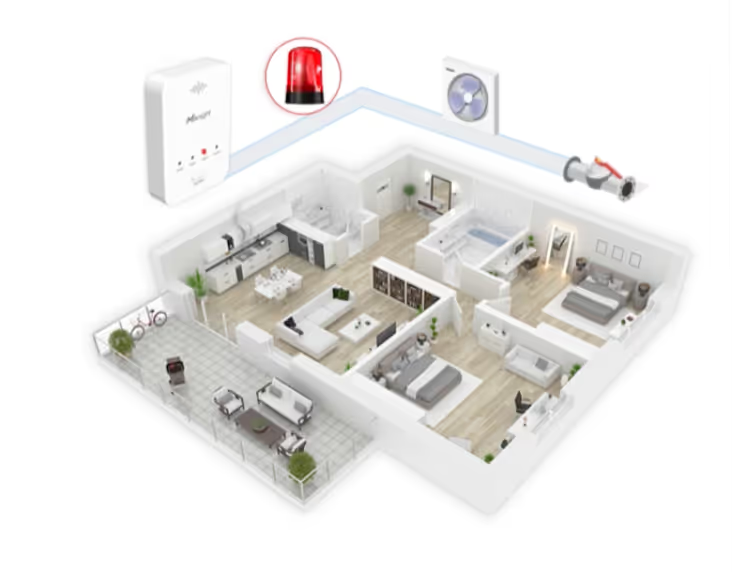
Industrial Sensor with Integrated Solar Panel

There are several standards for retrieving telemetry. These include analog interfaces such as 4-20mA or 0-10V, which are used by several level or pressure probe manufacturers. There are also digital interfaces such as RS232, RS485 or MODBus. To read many of these, the sensor often has to power the probe for a few seconds to take the reading and then send the data wirelessly over the LoRa network. Even though LoRa transmission consumes very little energy, powering a probe with the same device can quickly drain the sensor's batteries. That's why we really like the new LoRaWAN industrial sensor with integrated solar panel, which can power probes at different voltages with a renewable energy source, capable of operating for a month without light.
Vehicle Counting Sensor for Parking Lots
Last June, we visited the Italian company Nabla Quadro, in the suburbs of Rome, to see the most advanced developments in
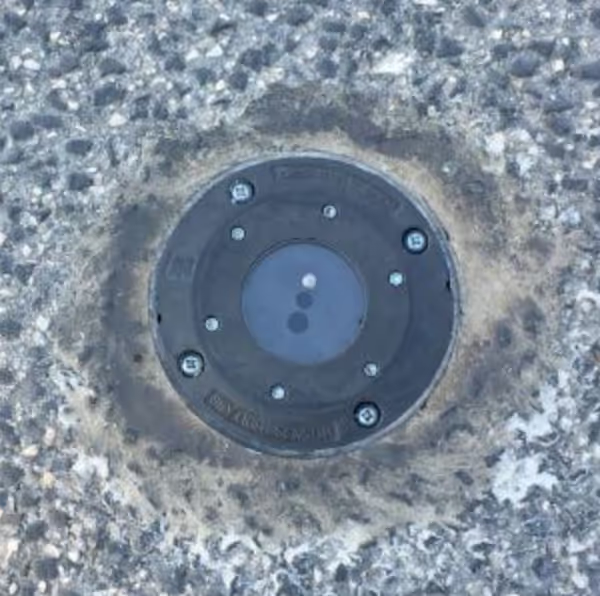
terms of vehicle counting with a LoRa sensor buried in the asphalt. The Italian company has been developing its technology for over 14 years, and it shows... The sensor uses 3 simultaneous counting technologies (passive optical, active optical, magnetic) to count vehicles entering or leaving a parking lot. It can also be used to detect vehicles in a parking lot or to measure the speed of a passing vehicle. Not only is it the most advanced counting sensor we have ever seen, but the design of the housing is quite ingenious. It allows the sensor to be easily removed from the street to replace the battery or repair a damaged sensor. Special screws fix the sensor in the ground in a special base. Since the sensor is at the same level as the street, it is not damaged by the plow in winter. Nabla Quadro also has projects in the Nordic countries where the climate is similar to ours. We are about to deploy a first project with this technology in Montreal.
Connected Hygiene Sensors
We now distribute connected hygiene products from JVD, a French company that has been developing and distributing soap, gel, toilet paper, hand towel dispensers and more for nearly 40 years. A few years ago, they began developing a range of connected hygiene devices that allow you to always know the level of consumables in the dispensers and never run out.
You had to think of it...
An intelligent sensor to measure traffic
and occupancy rate
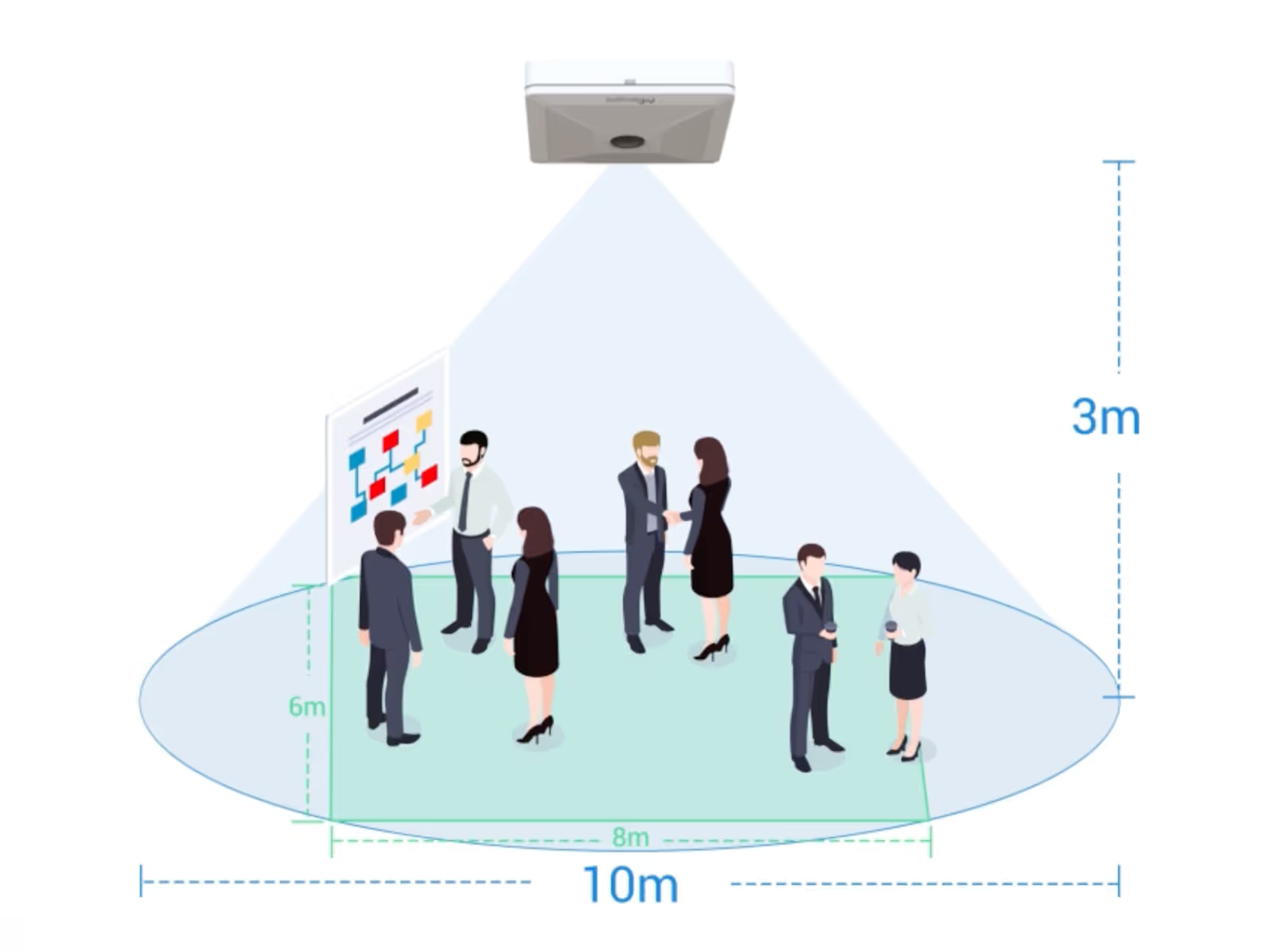
There have long been sensors on the market that count the number of people entering and leaving a building, using an infrared beam or radar. These solutions are effective but give no indication of where people go once inside.
A new sensor with artificial intelligence, installed on the ceiling of a room, can determine how many people are in which area of the room at any time, and generate very powerful traffic data. It is ideal for measuring the occupancy rate of meeting rooms for example. The beauty of such a system is that everything is 100% anonymous since no video cameras are used in this solution.
Tank Level Measurement Sensor
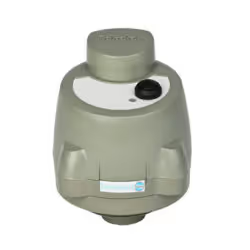
An Irish company has developed a range of ultra-robust wireless sensors to read the levels of water, fuel, oil, or other liquid tanks. They even have explosion-proof (ATEX) versions of their products.
These waterproof and weatherproof devices use ultrasound to measure the distance between the sensor and the surface of the liquid. What we find interesting about these products is that they can replace a tank's cap and be screwed into place, making their installation very simple.

X-TELIA is a Canadian technology company specializing in Internet of Things and LoRaWAN solutions. It supports companies and cities that want to deploy wireless applications based on highly secure, low-cost and low-power long-range connectivity. X-TELIA offers solutions that have been proven elsewhere in the world, as well as leading-edge expertise to facilitate the shift to the Internet of Things. X-TELIA also operates a next-generation wireless network dedicated to the Internet of Things, specifically designed to support new applications that make cities smarter, industry more efficient and citizens safer.




